February 3, 2025
Masako Toki
From January 6 to 29, the James Martin Center for Nonproliferation Studies (CNS) at the Middlebury Institute of International Studies at Monterey (MIIS) hosted four students from Middlebury College as part of its annual Winter Term Undergraduate Internship Program. This program plays an important role in CNS’s ongoing efforts to promote nonproliferation education among younger generations, including undergraduate students.
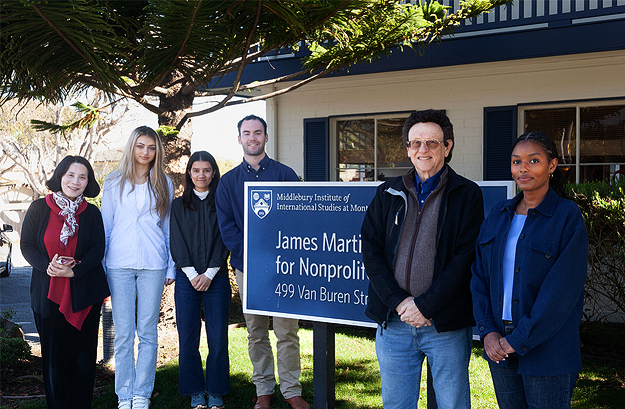
Winter Term interns with Dr. William Potter, CNS Director and Masako Toki
The interns made the most of their short time at CNS, gaining valuable insights into a wide range of nonproliferation and international security issues, guided by CNS experts and faculty from MIIS’s M.A. program in Nonproliferation and Terrorism Studies (MANPTS). They attended a series of lectures on the fundamentals of nonproliferation, disarmament, and arms control, as well as regional nonproliferation challenges. Additionally, they were introduced to an overview of open-source intelligence (OSINT) in nonproliferation, a field in which CNS has played a pioneering role.
Each intern also had the opportunity to work on an independent research project related to their personal areas of interest. AJ Slocum’s presentation, titled “Rosatom and Nuclear Energy Diplomacy,” explored Russia’s role as a leading actor in nuclear energy diplomacy in Central Asia. Savannah Love’s presentation, “Nuclear and Beyond: Fortifying Security and Growth in Developing States Through UNSCR 1540,” examined the effectiveness of the Stimson Center and Stanley Foundation’s Dual-Benefit Approach in addressing security concerns, particularly proliferation. Owen Thornton’s presentation, “Exploring the Open Web: Learning OSINT Techniques and Personal Research,” demonstrated how his OSINT training will aid in analyzing international security issues, including proliferation threats. Aida Worku’s presentation, “Future of Nuclear Reprocessing in Japan: Reflection and Next Steps,” discussed Japan’s controversial nuclear reprocessing policy and explored possibilities for integrating renewable energy sources.
These presentations were delivered on January 29 in a session attended by CNS experts and graduate research assistants, marking the conclusion of the internship. In addition to sharing their findings, the interns reflected on their experiences at CNS, their time living in Monterey, and their future career plans.
In Their Own Words
“This internship was an incredibly rewarding experience that allowed me to dive deep into the world of nonproliferation and global security. The open-ended structure gave me the freedom to explore my own research interests, in this case I shadowed the OSINT team here gaining many valuable skills. The access to a range of professional resources provided invaluable support. I had the unique opportunity to collaborate with experts in the field who not only mentored me but also helped refine my research skills, from technical analysis to strategic thinking. It was an enriching environment where I gained real-world insights into global security challenges, all while contributing to meaningful research that had practical implications.”
– Owen Thornton
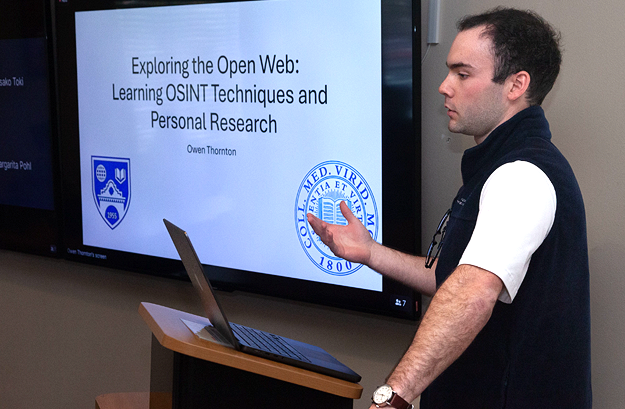
Owen Thornton
“If you are interested in international relations, politics, or any related fields, I would definitely encourage you to take advantage of this opportunity. In the think tank/policy field, CNS stands out in its commitment to educating students. In addition to the substantive knowledge you’ll gain about nuclear issues, the experts at CNS are super receptive to speaking with and guiding interns even after the internship program ends, and the environment in general is very supportive and conducive to exploring what you are interested in.”
– A.J. Slocum
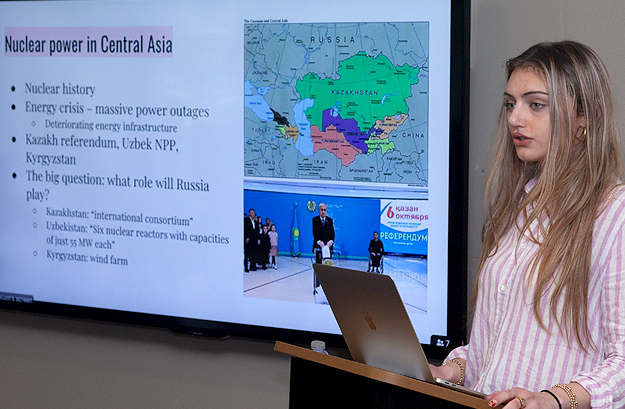
A.J. Slocum
“The undergraduate winter internship at the Center for Nonproliferation Studies is a unique opportunity to learn about international peace and security issues by interacting with experts with diverse experiences in the field. This provides a holistic sense of what the nonproliferation field looks globally today. I think that interning at CNS during the winter term is a great opportunity particularly for juniors who can use this timing to explore and prepare potential topics for more extensive semester-long independent study, summer research or a senior thesis, while staying in contact with CNS experts. The winter internship at CNS inspired me to learn more about the history of nonproliferation and made me more curious about how we can use new technologies to advance global security.”
– Aida Worku
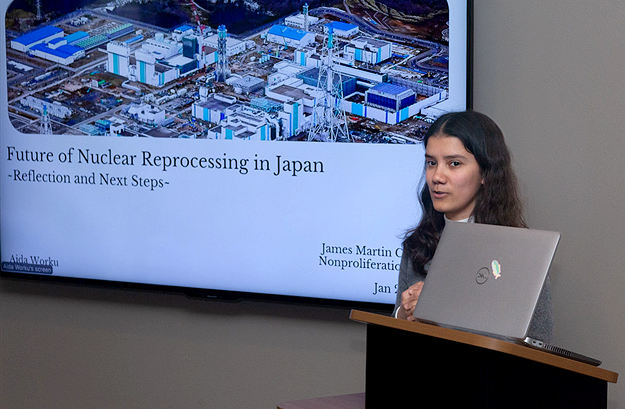
Aida Worku
“I believe every student should have the chance to deep dive into Nonproliferation Studies. It’s a critically important field, because if nuclear weapons exist- regardless of political relationships, nuclear war is always a possibility. Students of many fields of study have distinct overlap with nuclear studies…As citizens, students and the future, we should all seek to educate ourselves to the fullest extent, understanding the world of nuclear weapons and materials will allow us as future leaders to make better decisions than our predecessors.”
– Savannah Love
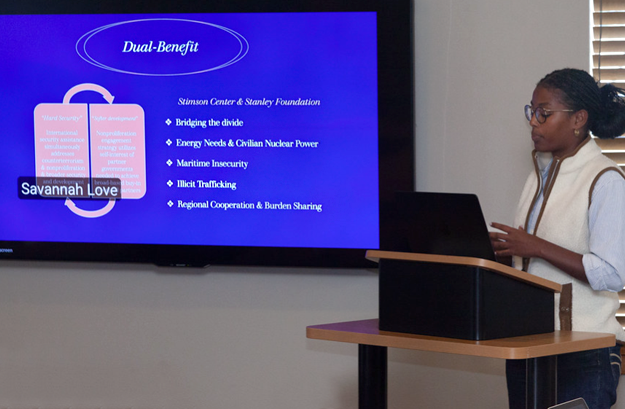
Savannah Love
This year, the Winter Term Internship Program for Middlebury College students was made possible by generous support from the Middlebury College’s Provost’s Office.
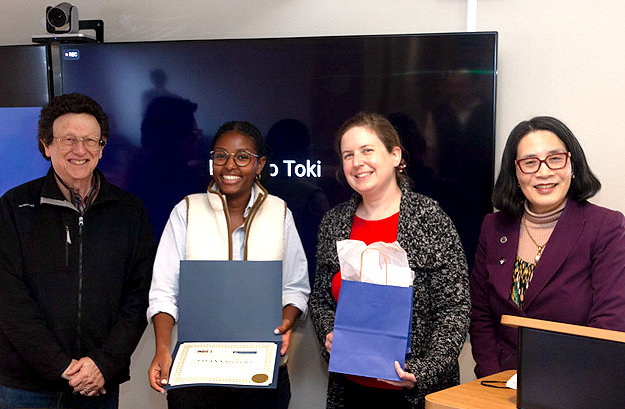
CNS congratulates each intern
